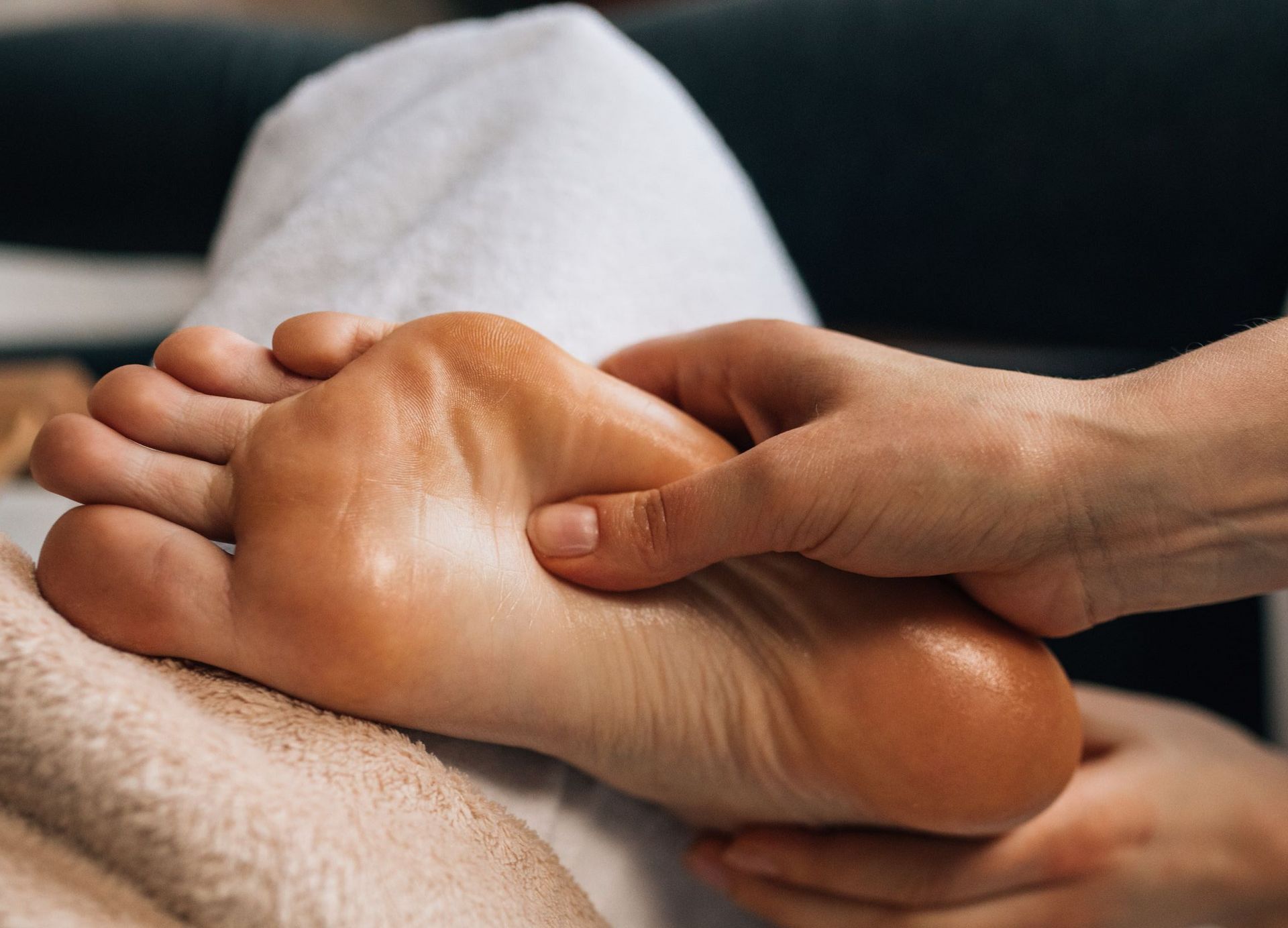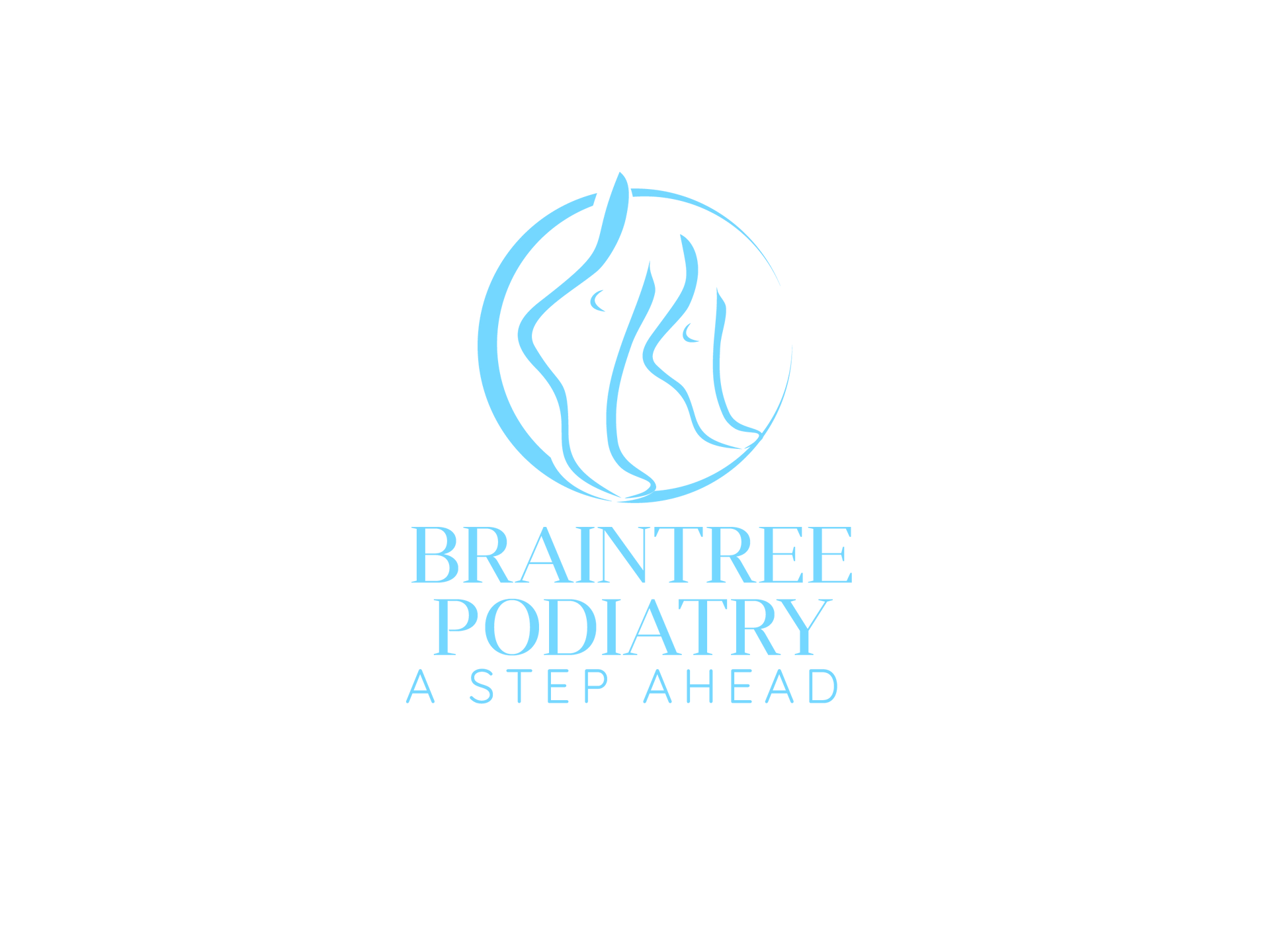Morton's Neuroma
Morton's neuroma is a benign (non-cancerous) growth of tissue that affects the nerves in the ball of the foot causing discomfort

Morton's neuroma is a benign (non-cancerous) growth of tissue that affects the nerves in the ball of the foot and can cause discomfort. Irritation or compression of a nerve can cause the tissue that surrounds it (the myelin sheath) to thicken. This thickening can further compress the nerve, leading to pain, numbness, and other symptoms. It is most commonly found between the third and fourth toes, but it can also occur between the second and third toes.

Morton's neuroma is caused by compression of the nerve, which can be due to:
Tight Footwear: This can put pressure on the nerves in the ball of the foot.
High-heeled shoes: High heels can put more weight on the ball of the foot, which can increase the risk of Morton's neuroma.
Flat feet: Flat feet can cause the bones in the foot to spread out, which can put pressure on the nerves.
A previous injury: An injury to the foot can damage the nerves and make them more susceptible to compression.

Symptoms may differ and can be personal to you. They can include:
- Pain in the ball of the foot. The pain is often described as a burning, tingling, or stabbing sensation.
- Numbness in the toes. The numbness can be mild or severe.
- Weakness in the toes. The toes may feel weak or tingly.
- A feeling of fullness or pressure in the ball of the foot.
- Pain that is worse when walking or standing. The pain may be relieved by taking off the shoes and socks.
The best treatment for Morton's neuroma will vary depending on the individual patient and the severity of the symptoms. A podiatrist will perform a thorough assessment of the lower limbs to determine the extent of the condition and any contributing factors to the pain.
The goal of podiatric treatment for Morton's neuroma is to reduce pressure on the nerve. This can be accomplished through a variety of methods, including:
Appropriate footwear advice: Wearing shoes that are wide and supportive can help to relieve pressure on the nerve.
Orthotics: Orthotics are custom-made inserts that can help to align the bones in the foot and relieve pressure on the nerve.
Padding: Padding can be placed in the shoes to help to cushion the nerve.
Activity modification: Avoiding activities that put a lot of stress on the feet, such as running and dancing, can help to reduce pressure on the nerve.
If other methods fail, more invasive treatments that can be offered, such as:
Steroid injections: Steroid injections can help to reduce inflammation and pain.
Surgery: In some cases, surgery may be necessary to remove the neuroma.

